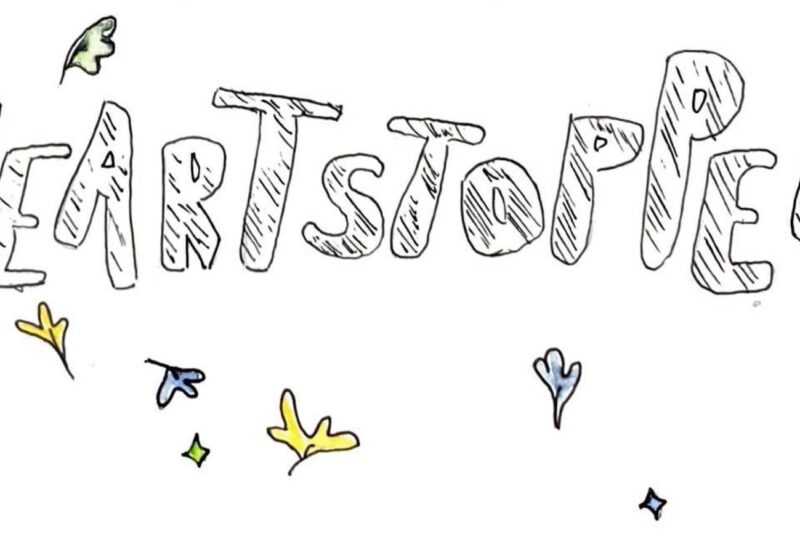Last week, Campus Times News Editor Shweta Koul wrote about the disturbing lack of diversity and representation in Hollywood. One person commented on the article: “Calm down. They are just silly movies.”
Maybe this person was being ironic. I don’t know. But the perception that movies are inconsequential is not only wrong — it’s irresponsible.
To write movies off as inconsequential is to ignore the cultural impact that they have historically possessed. Movies can change history. The Ku Klux Klan experienced a horrific resurgence in power after the release of the deeply racist “The Birth of a Nation” in 1915. To disregard the importance of diversity in cinema is to disregard this shameful chapter of U.S. history.
Movies can affect culture for the better as well. In 2017, Jordan Peele’s scary and entertaining “Get Out” changed the way that much of liberal white America thought about their own relationship with race and racism. I know that, personally, Ava DuVernay’s 2016 documentary “13th” shifted the way I looked at this country’s prison system.
If you still don’t believe that movies have an impact, let’s look at who our president was from 1981 to 1989. He was a former movie star named Ronald Reagan and his presidency, marked by the same folksy charm of his movie performances, changed the course of conservative politics.
I’m not alone in thinking this. Earlier this year, former President Barack Obama and former first lady Michelle Obama announced a deal with Netflix, where they will produce series and features.
If it isn’t clear by now, I believe cinema has a strong effect on our culture and society. Therefore, to say cinema is unimportant is to say our own culture and society is unimportant. The critic Roger Ebert once said that he thought of the movies as “a machine that generates empathy.” I would add a logical extension to this — that the dismissal of movies as unimportant is essentially apathy.
I’m not saying everyone should go see every movie. Maybe you don’t like movies. That’s okay. You don’t have to watch them. But we need to accept that movies have a serious cultural impact, and think about them accordingly. We can start with the conversations that we have, and with the reading that we do. (When it comes to discussing movies in relation to culture, I recommend pretty much anything written by New York Times critic Wesley Morris, or this awesome piece by fellow Times writer Reggie Ugwu.)
Like most moviegoers, I watch movies to have fun. I don’t want that to end. But what I do hope will end one day is the assumption that fun and significance are somehow mutually exclusive. Look at our history. Fun can change its course.




